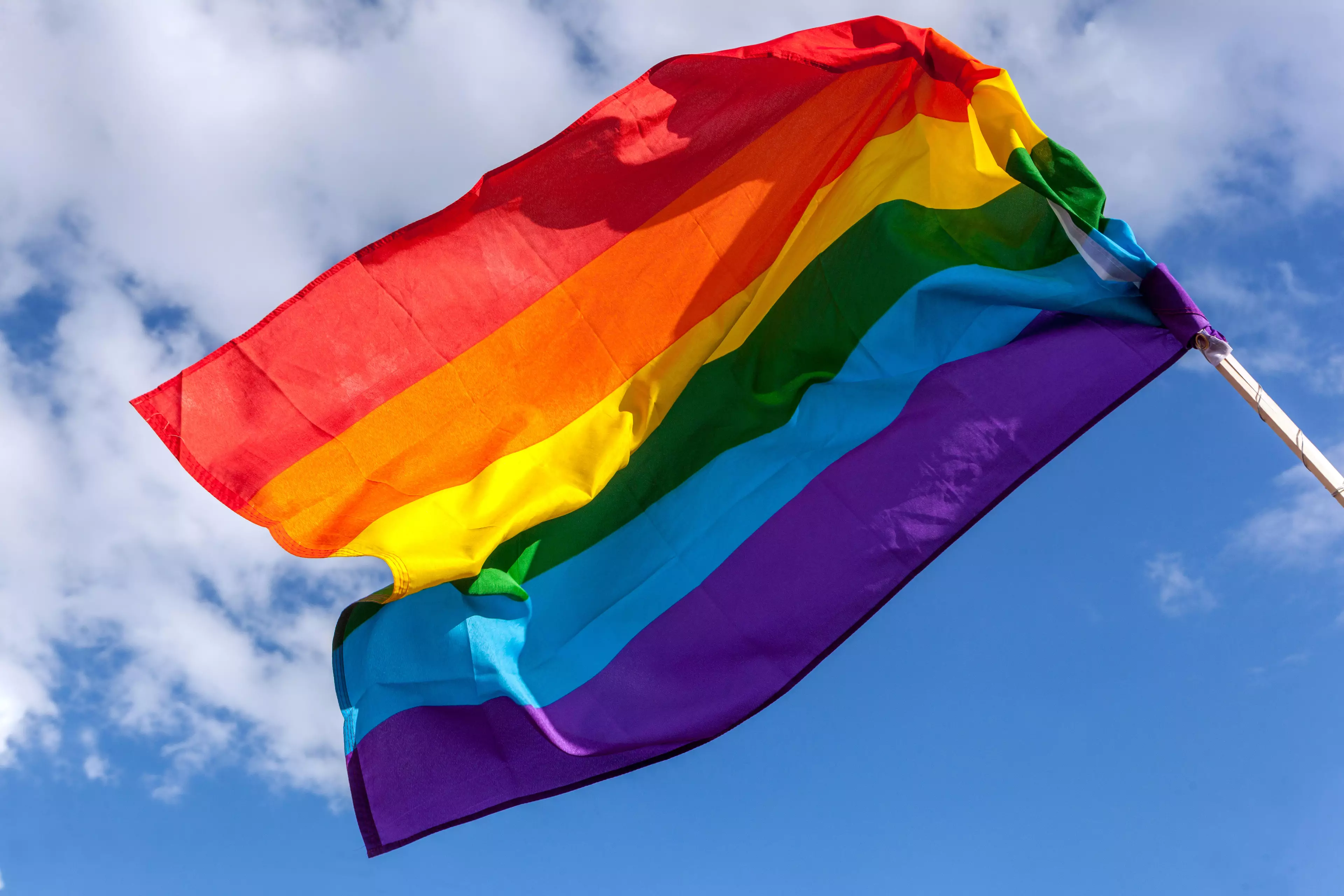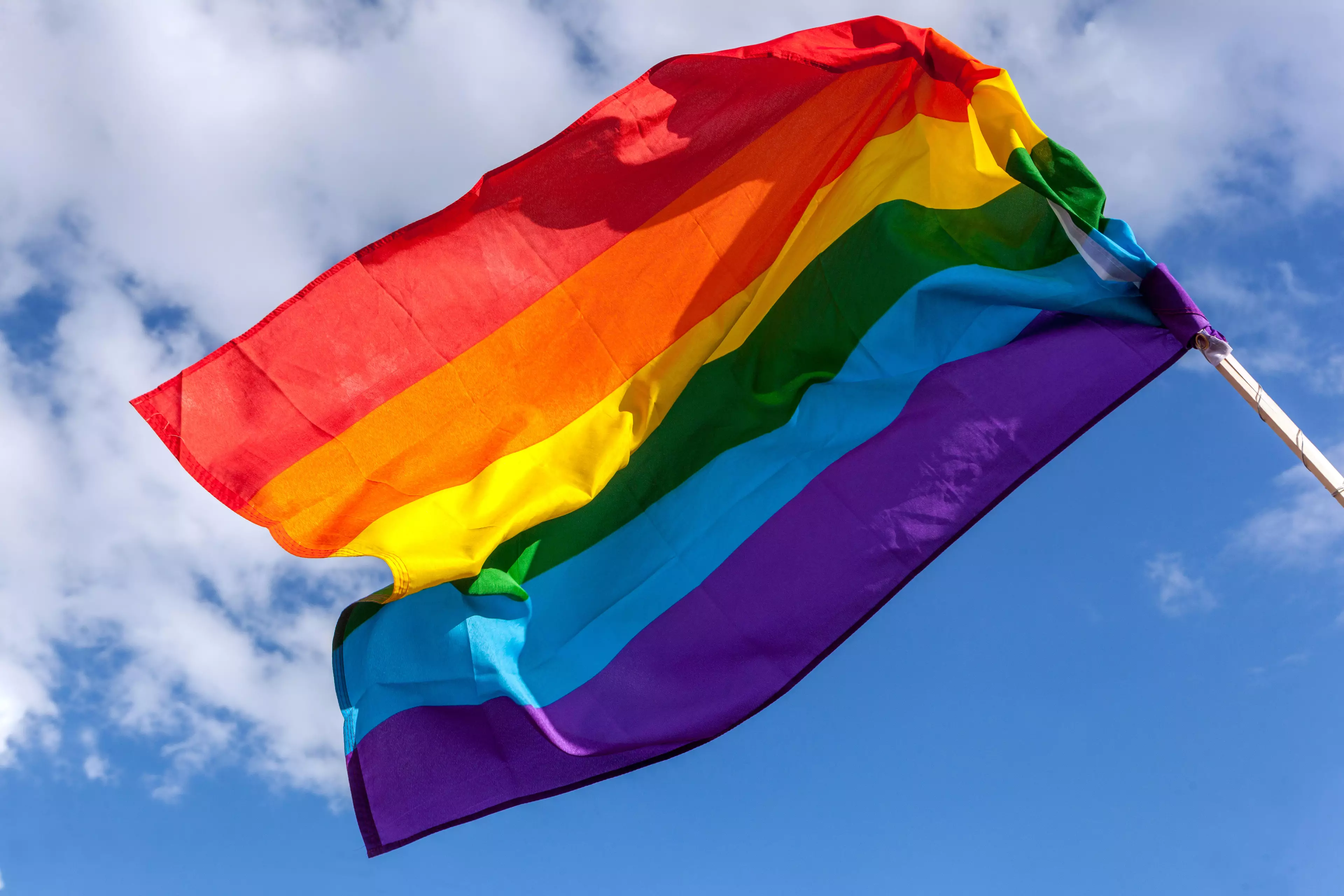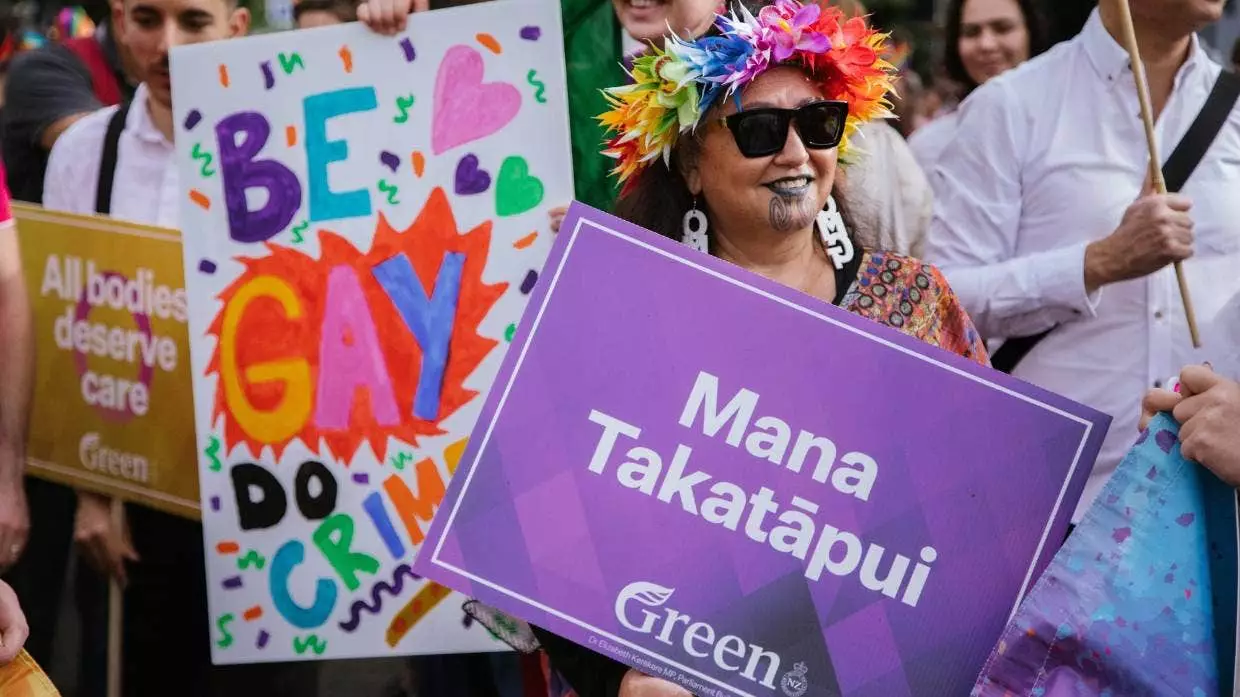
New Zealand has passed a bill that recognises the rights of people to self-identify on their birth certificates without providing evidence of a medical procedure.
The bill follows on from a previous ruling that allowed self-identification on birth certificates but required applicants to prove they had undergone a medical procedure.
With the new changes which remove that requirement, it will be much easier for LGBTQI+ individuals to self-identify, said internal affairs minister Jan Tinetti.
"Today is a proud day in Aotearoa's history," Tinetti said.
Advert
"Parliament has voted in favour of inclusivity and against discrimination.
"This law change will make a real difference for transgender, non-binary, takatāpui [LGBT] and intersex New Zealanders."
She went on to say the law will support young people and give them 'agency over their identity', helping them maintain a sense of wellbeing and 'promote their mental health'.
Around 15 other countries have already introduced laws that allow people to change their sex on documents, including Demark, Spain and several Latin American countries.
Advert
Dr Elizabeth Kerekere, the Green party spokesperson for rainbow communities, said the legislation was 'world-leading', but that she was disappointed it excluded refugees, asylum seekers and recent migrants.
Some groups, including Speak Up for Women, have opposed the bill, saying it works against the rights for biological women.
The group was banned from holding events at various venues after being labeled anti-transgender.

"There have been real people who have been hurt when they have been belittled, mocked and discriminated against. People who like any one of us just want to be accepted for who they are and be treated with dignity and respect," said Tinetti.
Advert
"Trans misogyny is still misogyny so I stand strong in challenging this discrimination."
The law was supported by the Opposition, but the National party's spokesperson for women, Nicola Grigg, said it was still important for all voices to be heard.
"If we shut down the full expression of topics such as this, we won't benefit from considering a full range of views as we debate complex policy and ideas and I do worry about the societal impacts of people feeling that their views are no longer able to be expressed," said Grigg.

The provisions will take 18 months to come into effect, with some details still to be worked out, including consultation on who will be allowed to support applications for young people, ensuring sex markers on the birth certificate include non-binary and cultural options, and deciding on the requirements for anyone wishing to change their details more than once.
Advert
The changes will only be able to be made on New Zealand birth certificates so cannot be made for New Zealanders born overseas.
The minister said work will be done to address this.
Featured Image Credit: Ink Drop / Alamy Stock PhotoTopics: New Zealand, News